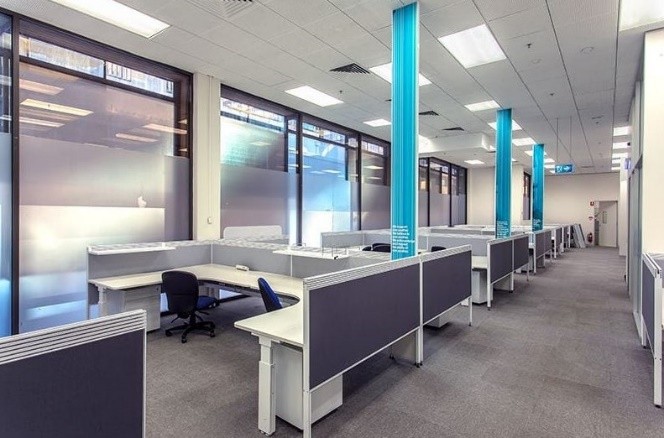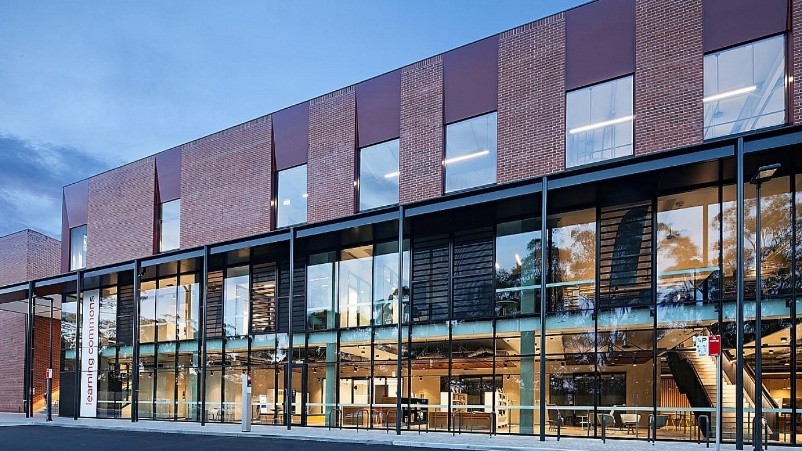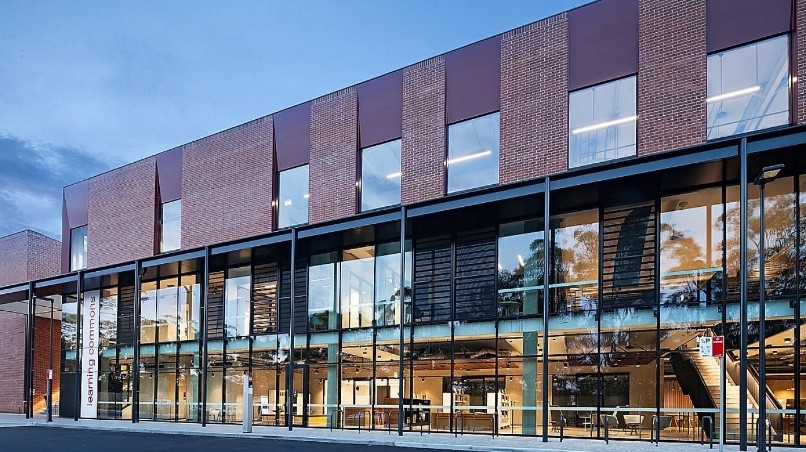Charles Sturt University – Energy Performance Contract (EPC Stage 1)
/year - Cost savings
kWh/year - Electricity savings
GJ/year - Natural gas savings
kL/year - Water savings
tonnes CO2-e/year - GHG reduction
// case study
In this case study

// Solutions
Overview
Charles Sturt University (CSU) engaged Conservia to deliver an Energy Performance Contract (EPC) across its Bathurst and Wagga Wagga campuses, contributing to CSU’s recognition as Australia’s first carbon neutral university under the National Carbon Offset Standard (NCOS). Stage 1 focused on audit, needs analysis, measurement & verification (M&V) to quantify energy saving targets, optimisation of existing systems as well as design and installation of new energy and water conservation measures across 17 buildings, including libraries, administration offices, laboratories, and student accommodation.
// Challenge
Solution
Conservia implemented a broad range of Energy and Water Conservation Measures (ECMs and WCMs) to reduce energy consumption and enhance operational efficiency.


// Solutions
Key Measures:
Conservia has achieved and maintained a ~30% reduction in overall electricity consumption. This has been achieved by implementing a number of bespoke Building Optimisation Advisory solutions:
- Installation of a new Building Management System (BMS) with advanced occupancy based control strategies
- AHU optimisation (air-aVariable Speed Drives (VSDs) on AHU fans, chilled and condenser water pumps, and cooling tower fansside and water-side)
- Modification of constant volume HVAC systems to variable volume to reduce reheating
- Demand-based ventilation using CO2 sensors and occupancy-based lighting and HVAC controls
- Integration of VRV air conditioning system controls with high level interface controls
- BMS fine-tuning with optimum start/stop sequences and temperature resets
- Installation of high-efficiency T5 lighting, LED down lights and external flood lights with occupancy control
- Solar hot water preheating systems
- Flow restrictors on taps for improved water efficiency
// Challenge
Results
The project exceeded expectations across all areas. Electricity savings reached 183,300 kWh/year—64% above the proposed 111,570 kWh/year—while natural gas savings were 480 GJ/year, slightly over the 461 GJ/year target. Financially, the project cost ~$132,860 and achieved $26,554/year in cost savings, exceeding the guaranteed $18,480/year by 43% ($8,074). The payback period is 7.2 years. Environmentally, GHG reductions totaled 211 tonnes CO₂-e/year, also 43% over the proposed 148 tonnes.
Energy, Gas and Water Savings:
| Resource | Annual Savings | % of Total Savings | % Over Guarantee |
|---|---|---|---|
| Electricity | 813,548 kWh/year | 14% | 3.6% |
| Natural Gas | 4,106 GJ/year | 30% | 93% |
| Water | 740 kL/year | 16% | 3.6% |
Financial Outcome:
| Metric | Value |
|---|---|
| Project Cost | ~$1,100,000 |
| Guaranteed Cost Savings | ~$157,108/year |
| Achieved Cost Savings | ~$176,831/year |
| Savings Over Guarantee | $19,723 (12.6%) |
| Simple Payback Period | 7 years |
Environmental Outcome:
- Greenhouse Gas Emissions Reduced: 1,077 tonnes CO2-e/year


// Challenge
highlights
- Cost savings: $176,831/year
- Electricity savings: 813,548 kWh/year
- Natural gas savings: 4,106 GJ/year
- Water savings: 740 kL/year
- GHG reduction: 1,077 tonnes CO2-e/year



